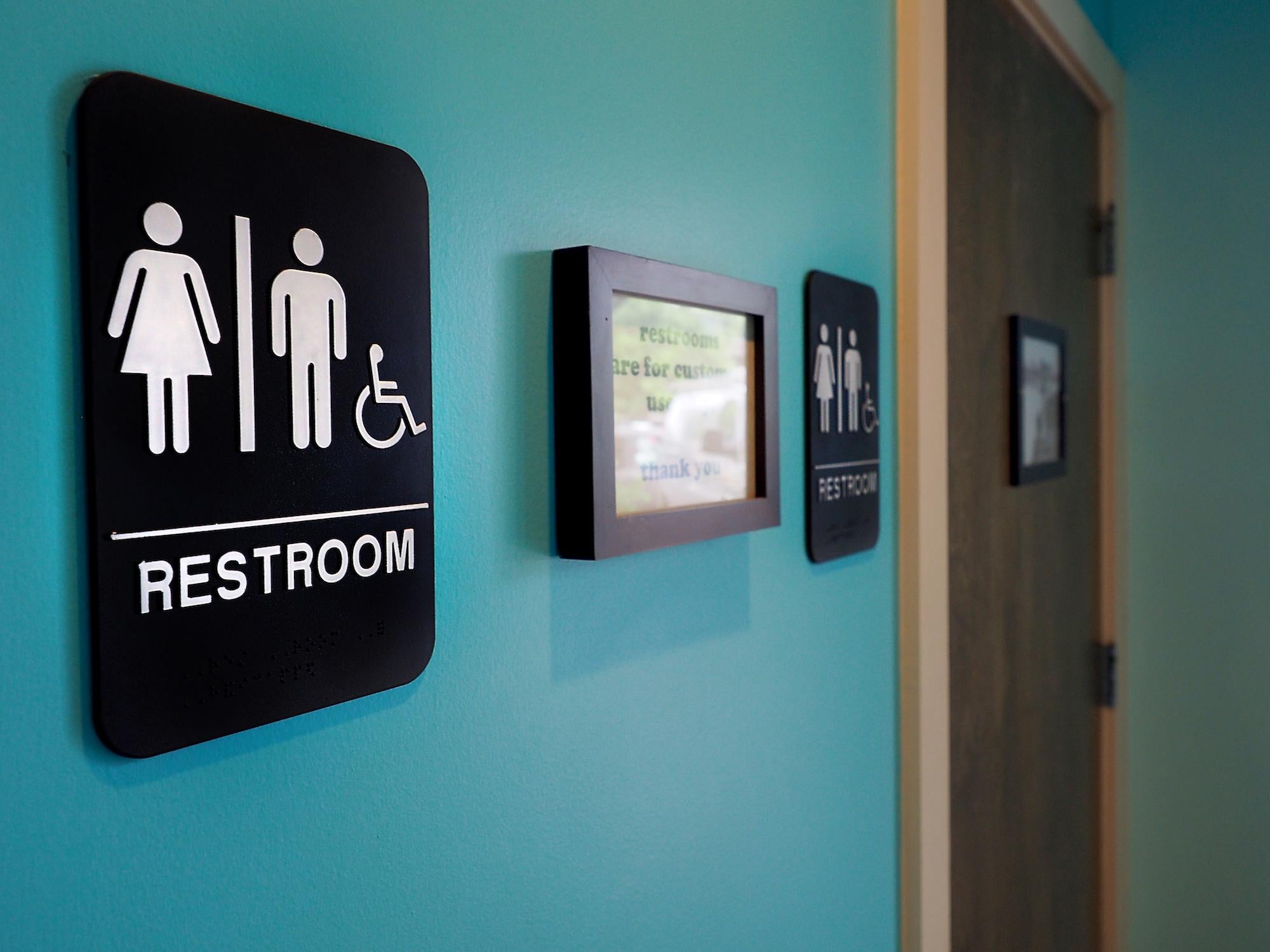Unisex toilets put schoolgirls at risk of sexual harassment, claims women’s rights group
‘No pupil should feel they are unable to use the toilet during the day’

Your support helps us to tell the story
From reproductive rights to climate change to Big Tech, The Independent is on the ground when the story is developing. Whether it's investigating the financials of Elon Musk's pro-Trump PAC or producing our latest documentary, 'The A Word', which shines a light on the American women fighting for reproductive rights, we know how important it is to parse out the facts from the messaging.
At such a critical moment in US history, we need reporters on the ground. Your donation allows us to keep sending journalists to speak to both sides of the story.
The Independent is trusted by Americans across the entire political spectrum. And unlike many other quality news outlets, we choose not to lock Americans out of our reporting and analysis with paywalls. We believe quality journalism should be available to everyone, paid for by those who can afford it.
Your support makes all the difference.Unisex toilets in schools are putting girls at risk of sexual harassment and period shaming, claims one women’s rights group.
Women’s Voices Wales conducted a review into how pupils felt about gender-inclusive facilities after initial concerns were raised about safety and possible intimidation by parents and pupils.
“What we’ve heard so far ranges from girls not drinking water during the day so they can avoid using the toilets, to ‘period shaming’ from boys,” reads a statement posted to the organisation’s Facebook page on 14 February.
“Anxiety about coping with menstruation in schools has a serious effect on female pupils, including refusing to attend school. We are particularly concerned about any sexual harassment or intimidation taking place in mixed sex toilets.”
In Wales, the law requires schools with children over the age of eight to have single-sex facilities – unisex toilets can only be built in addition to, rather than replace single-sex facilities.
But Women’s Voices Wales claims that some establishments are not following such requirements and are substituting single-sex toilets for unisex ones.
The organisation has since written to the Welsh Government, reports Wales Online, calling for schools to do more to protect the “safety and dignity” of female pupils.
“No pupil should feel they are unable to use the toilet during the day,” adds spokesperson for Women’s Voices Wales, Helen Raynor.
“No child should avoid school because they are anxious about using the toilet, or stop drinking water so they don’t wee.
“Girls cannot ‘hold periods in’. Nor should toilets use risk “period shaming” from boys, or sexual harassment.”
Many parents concurred with the organisation’s fears, expressing similar concerns in comments on its Facebook page. Others contested that unisex toilets were in fact unsafe.
“Having seen [the unisex toilets] I don’t see an issue,” wrote one person.
“They are completely closed more so than other toilet cubicles. My daughter hasn’t got an issue.”
Another argued that rather than banning mixed-sex facilities, schools should focus on better-educating its pupils about issues such as period-shaming and sexual harassment.
“Let interpersonal respect be instilled in the children at said schools, so that mixed toilet facilities are no longer any issue,” they wrote.
“Let schools turn their efforts and full attention to safeguarding the kids in their care against such behaviour and correcting those who engage thusly. And let the rising number of nonbinary and trans kids use the bathroom in peace without constant daily misery.”
Join our commenting forum
Join thought-provoking conversations, follow other Independent readers and see their replies
Comments